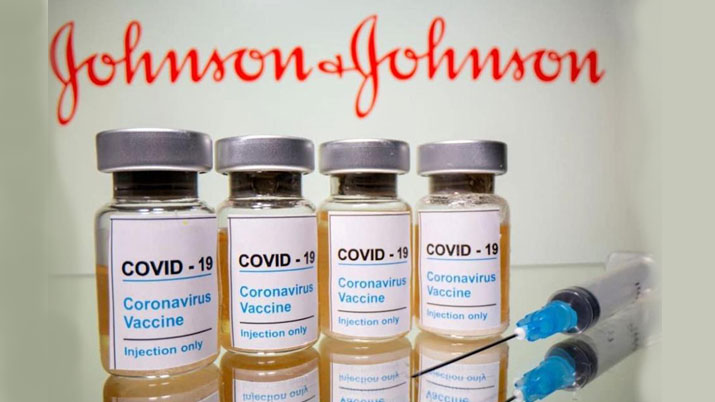The whole world is stuck with a bolt from the blue and is constantly worried about the upcoming ‘variant of concern’. Although, this Thursday Johnson & Johnson said its one-dose shot protects against the delta variant, citing lab tests of vaccine recipients’ blood. And amid concerns their shot might require a booster, the company said its immune response lasts eight months and counting. The intense discourse about Delta’s threat has left some people who are vaccinated feeling anxious about whether they are protected. The variant’s global spread has prompted new restrictions from Ireland to Malaysia.
Public health experts say the variant poses the most danger in regions where vaccinations are sparse.
The variants “are able to find any gaps in our protection,” Dr. Hilary Babcock of Washington University at St. Louis said, pointing to how hospital beds and intensive care units in Missouri’s least-vaccinated southwestern counties suddenly are filling mostly with adults under 40 who never received the shots.
“Any suffering or death from COVID-19 is tragic,” Dr. Rochelle Walensky, director of the Centers for Disease Control and Prevention, said Thursday in urging more Americans to roll up their sleeves ahead of the delta variant’s spread. “With vaccines available across the country, the suffering and loss we are now seeing is nearly entirely avoidable.” Johnson & Johnson said its vaccine showed a small drop in potency against the Delta variant, compared with its effectiveness against the original virus, and a larger drop against the Beta variant first identified in South Africa. That is the same pattern seen with the mRNA vaccines made by Pfizer-BioNTech and Moderna. Studies have shown that the Delta and Beta variants slightly lower the efficacy of the Pfizer and Moderna vaccines. For Pfizer, studies show that two doses offer 88 percent protection against the Delta variant, just below the 93 percent protection against Alpha. The Moderna vaccine has performed similarly to Pfizer’s in earlier studies.
Johnson & Johnson has collected less data than its peers on the vaccines, and the study released on Thursday was small and has not yet been published in a scientific journal. Updates on the efficacy of the Johnson & Johnson vaccine have been slow because it was rolled out later than the Pfizer and Moderna vaccines in the United States. The vaccine offered about 72 percent protection against early versions of the virus.
In the United States, the variant now accounts for one in four new infections, The New York Times reported. Public health officials have said the vaccines authorized in the United States work against all existing variants, but the data are mostly based on studies of the Pfizer and Moderna mRNA vaccines.
And the U.S. Centers for Disease Control and Prevention’s guidance that vaccinated people could forgo masks indoors in many situations was based mostly on data for Pfizer and Moderna’s mRNA vaccines, the Times said.
Some people who were immunized with the J&J vaccine complained that they felt cheated by experts who had said the vaccines were equally good, the Times reported.


